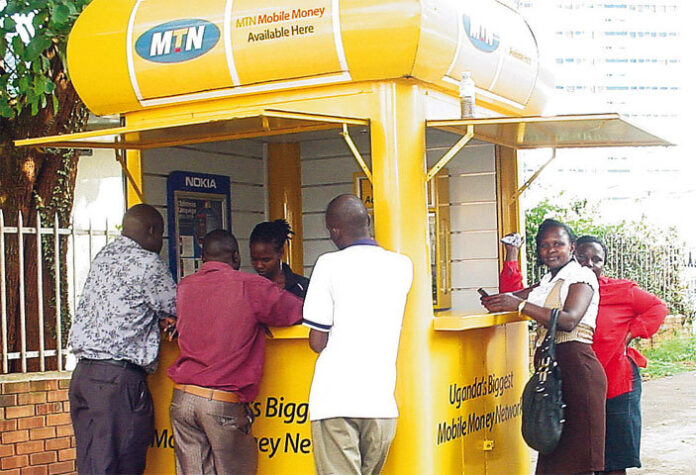From today Sunday May 1, 2022, all electronic money transactions above the GHC100 threshold will attract a 1.5 % charge. This comes following the approval of the E-Levy by Parliament and subsequent assent into law by President Akufo Addo.
The government has already indicated its readiness for the collection of the levy with the Ghana Revenue Authority being the implementing Agency.
GBC News looks back at some of the landmarks that characterized the passage of the E-Levy following the announcement by the finance minister in the 2022 Budget.
Finance Minister Ken Ofori Atta announced the E-Levy when he presented the 2022 Budget Statement to Parliament. Since then, public uproar greeted the new tax, especially with the deduction pegged then at 1.75%.
Many people were of the view that the implementation would worsen the plight of the ordinary Ghanaian. Even when the percentage was reduced to 1.5 many were still against its passage.
The Minority had been against the E-Levy from day one, when it was announced in Parliament. They have always described the tax as regressive, calling for it to be abolished.
When the E-Levy was laid eventually, the Minority walked out of Parliament after a heated debate leaving a one-sided House to pass the Bill.
The Majority side who passed the Bill eventually said they believe the collection of the levy would help to tackle the economic challenges and propel the developmental agenda.
Heated arguments and near fisticuffs greeted the debate before it was finally passed. The President later assented to the Bill passing it into law.
When it was announced that the Ghana Revenue Authority (GRA) is the implementing agency, preparations have since been put in place to get the Telcos, Banks and other agencies hooked onto the system for the implementation to take effect.












































